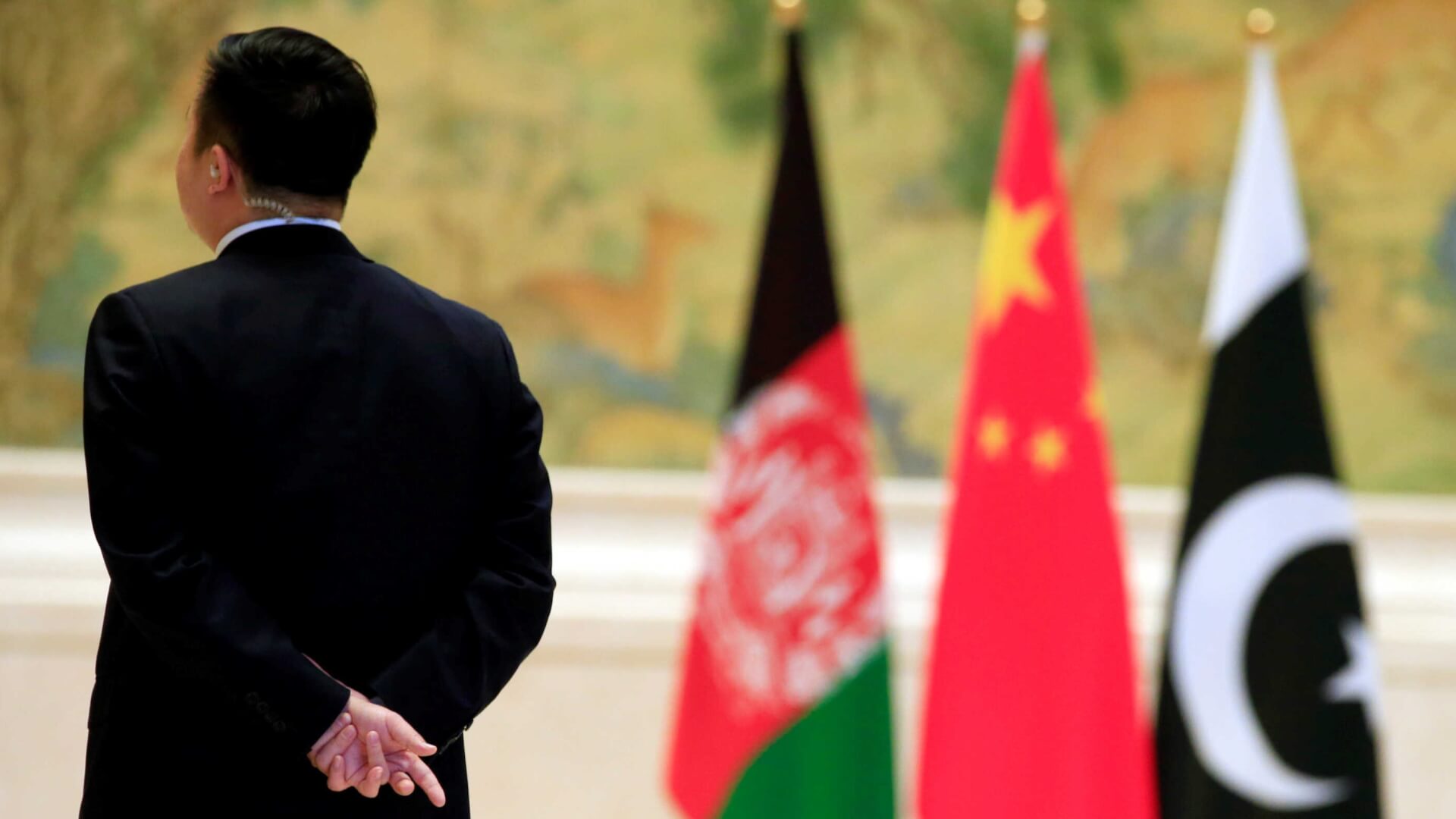On Friday, media reports suggested that authorities in Afghanistan had arrested ten Chinese nationals in a bust of a terror cell in Kabul. The article, citing officials “familiar with the matter in Kabul,” said that following the arrests, the Chinese government was looking to convince the Afghani government to push the incident under the rug. Further, it claimed that Afghanistan’s First Vice President, Amrullah Saleh, was presiding over the investigations and had convened a meeting with Wang Yu, the Chinese envoy to Afghanistan. According to unnamed sources, Amrullah Saleh has requested a formal apology by the Chinese side for the violation of international norms in exchange for the release of the detainees.
The report said that the ten individuals were detained by Afghanistan’s National Directorate of Security (NDS). The detainees were charged with espionage following a “crackdown” that started on December 10. They were found to be linked to the Chinese Ministry of State Security and were in touch with the Haqqani Network, a faction of the Taliban. Moreover, the Eurasian Times has reported that the ten detainees were “hand-in-glove” with Pakistan’s spy agency, the Inter-Services Intelligence (ISI), who was mediating between the individuals and the Haqqani Network.
The operation first materialised on December 10, when the NDS arrested Li Yangyang, a Chinese national who was allegedly engaged by the Chinese Intelligence for collecting information on the Al Qaeda, Taliban and Uyghur Muslims in Afghanistan. During the operation, Afghani authorities seized arms, ammunition, and Ketamine from his house in Kabul. On the same day, another Chinese national, Sha Hung, was arrested after explosives and “other incriminating items” were seized from her residence. According to a counter-terror official cited in the article, both were in contact with the Haqqani network.
While the investigation into the exact nature of the espionage ring is still ongoing, there is a belief amongst the Afghani authorities that the ten detainees were looking to set up a fake East Turkestan Islamic Movement (ETIM) arm in Afghanistan. ETIM is an Islamic separatist group that is active in Xinjiang, an autonomous region in north-west China that houses a majority of the country’s Uyghur Muslim minority. China continues to justify its restrictions and human rights abuses against the Uighur Muslims under the garb of cracking down on the ETIM, which is also a United Nations Security Council-designated terror group. The ten Chinese nationals are said to have been running an operation to entrap ETIM members who were allegedly being housed in Afghanistan. Afghanistan, which shares a border with China, acts as a passage for Uyghur Muslims to escape to other West Asian countries.
China has been highly invested in the peace process in Afghanistan. Beijing is protecting its own security interests by working to ensure stability in Afghanistan, given the country’s geographical proximity to its own Uyghur Muslim-dominated Xinjiang province, and views the region as a hotbed and breeding ground for terrorism, separatism, and religious extremism. In recent years, the Chinese Communist Party (CCP) has arbitrarily detained between one and three million Uighurs accused of such charges in so-called “re-education centres”, provoking international condemnation over horrific human rights abuses. China has also, through mass surveillance, essentially turned Xinjiang into a high-tech police state.
These developments come shortly after a similar report by The Australian, which noted that around two million Chinese Communist Party affiliates were “embedded” in the world’s biggest companies, including banks, pharmaceutical companies and defence contractors. The leaked data showed that, apart from major companies like Pfizer and AstraZeneca, the CCP’s influence has also crept into the Australian, British, and American consulates in Shanghai.
Afghanistan Busts China-Run Spy Agency in Kabul
Afghan authorities have arrested ten Chinese citizens on charges of espionage, alleging that they were involved in the operations of a spy agency that was being run with the help of the Pakistani ISI.
December 28, 2020

SOURCE: ONE INDIA
